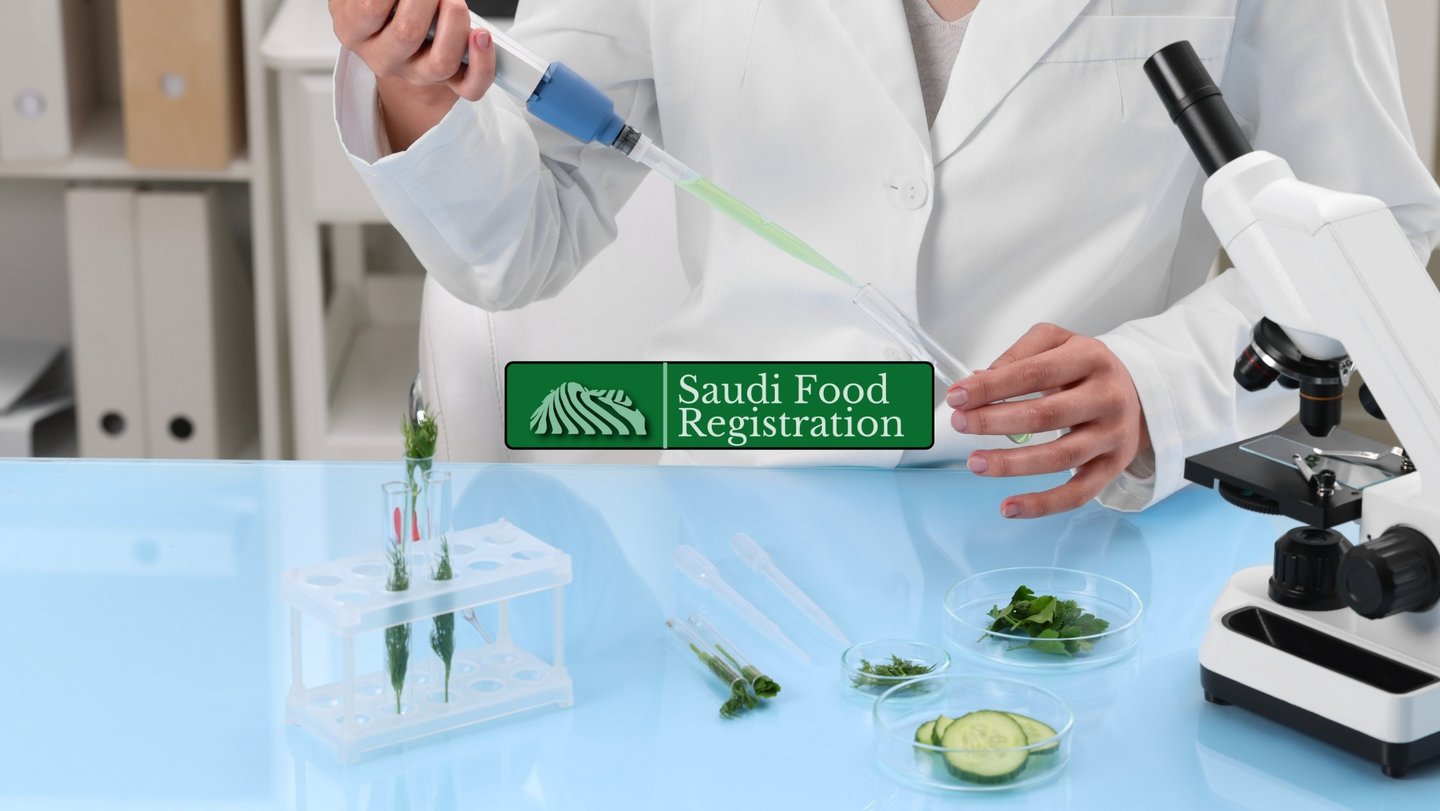SFDA Post-Market Surveillance 2025 | Saudi Food Registration
Learn how SFDA monitors food product safety in Saudi Arabia after approval. Stay compliant with post-market surveillance rules | Saudi Food Registration.
6/16/20252 min read


How SFDA Monitors Post-Market Surveillance for Food Products in Saudi Arabia (2025 Guide)
Getting SFDA registration for your food product is only the first step. Once your product enters the Saudi market, it becomes part of SFDA’s post-market surveillance (PMS) system — an ongoing process that monitors safety, compliance, and quality even after approval.
In this guide, we explain exactly how SFDA monitors food products after they’re registered, and what companies need to know to stay compliant in 2025.
What Is Post-Market Surveillance (PMS)?
Post-market surveillance refers to the SFDA’s regulatory activities after your product is on the market.
Its primary goals are to:
Ensure ongoing safety and product quality
Detect any safety risks that may arise over time
Confirm labeling and claims remain accurate
Verify imported products match approved specifications
Enforce recalls or corrective actions if problems occur
Why Does SFDA Conduct Post-Market Surveillance?
PMS helps SFDA maintain full control over public health. Even fully approved products can develop safety concerns due to:
Changes in ingredient sourcing
Storage or transportation issues
Undeclared allergens
Fraudulent or counterfeit products
Unauthorized label modifications
SFDA actively monitors products to catch these issues before they impact consumers.
How Does SFDA Monitor Products After Approval?
1️⃣ Routine Market Inspections
SFDA inspectors visit warehouses, distribution centers, ports, and retail outlets to:
Review product labels and packaging
Confirm Arabic language compliance
Verify production and expiry dates
Cross-check imported goods against registered dossiers
2️⃣ Sampling and Laboratory Testing
SFDA may pull random product samples to test for:
Microbiological contamination
Heavy metals or chemical residues
Undeclared ingredients or allergens
Shelf life verification
3️⃣ Barcode and Traceability Checks
Using registered barcodes and SFDA systems, inspectors verify that:
Barcodes match registered products
Traceability systems work for recalls or safety alerts
4️⃣ Import Shipment Audits
SFDA may inspect shipments during customs clearance to ensure:
Packaging matches registration details
SASO compliance for packaging and labeling
Correct documentation accompanies imports
5️⃣ Complaint and Incident Investigations
If a consumer, retailer, or distributor files a complaint, SFDA may:
Launch targeted inspections
Request additional testing data
Demand corrective action from the manufacturer
What Happens If Non-Compliance Is Found?
If SFDA identifies violations, they may:
Issue warning letters
Impose fines or penalties
Temporarily suspend imports
Mandate product recalls
Suspend or cancel SFDA registration
Early corrective actions often reduce the severity of penalties.
How Can Companies Stay Compliant Post-Approval?
Maintain full batch traceability
Keep accurate and updated import records
Review all label changes with regulatory experts before implementation
Perform ongoing internal audits on safety and stability
Stay informed of new SFDA regulations and circulars
Related Topics You Might Find Helpful
Discover how facility registration protects your product quality
Learn how crisis management supports product recalls
Learn how label validation helps avoid SFDA penalties
Learn how to build a proper SFDA recall plan to protect your products in Saudi Arabia.
Facing unexpected registration delays? This guide explains how to avoid SFDA approval slowdowns in 2025.
Compliance Doesn’t End at Approval
Post-market surveillance is not a one-time event — it’s a continuous responsibility.
Companies that proactively monitor their products and maintain full transparency with SFDA reduce their risk and protect both consumers and their brand.
Need help maintaining SFDA compliance after approval?
Use the chatbot or speak with our team for ongoing regulatory support.
